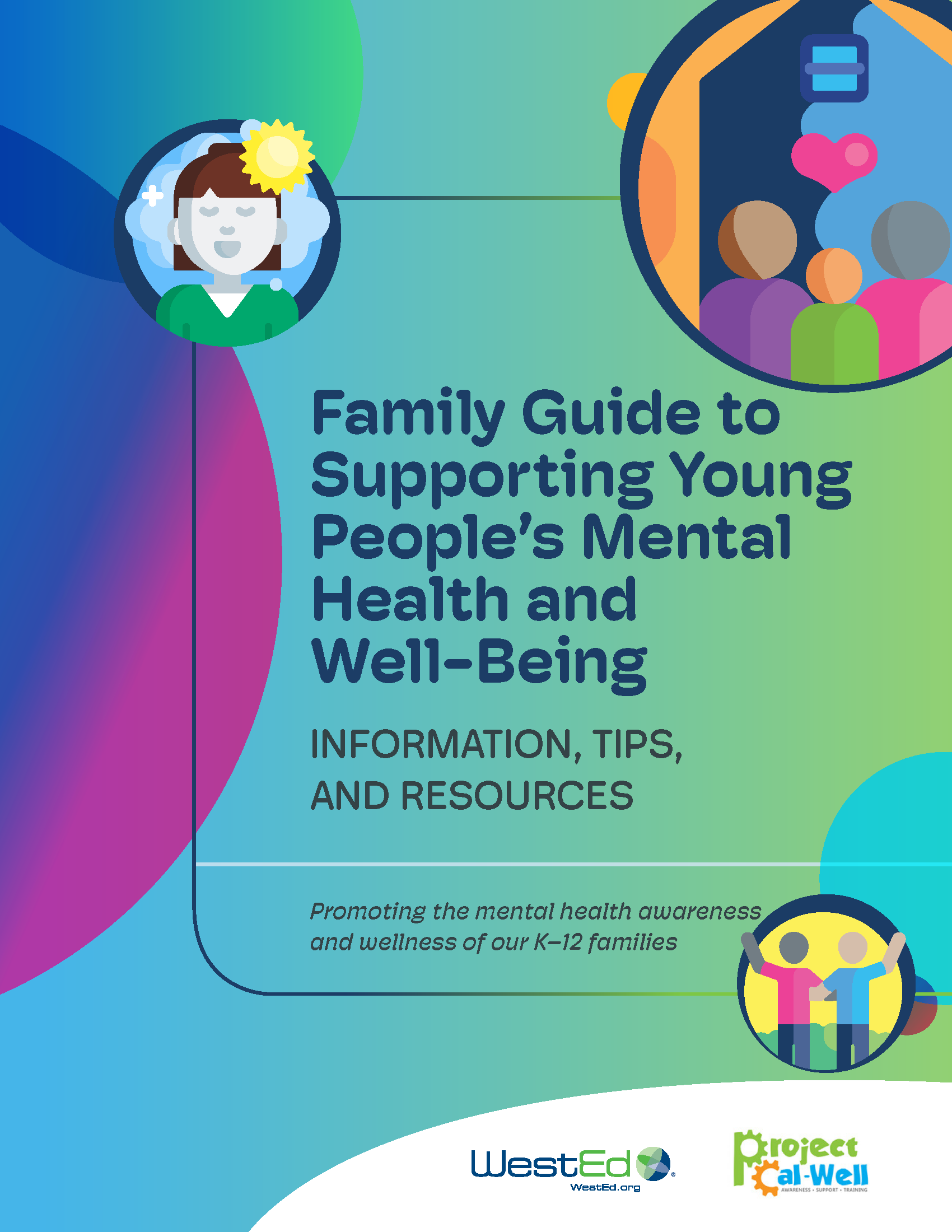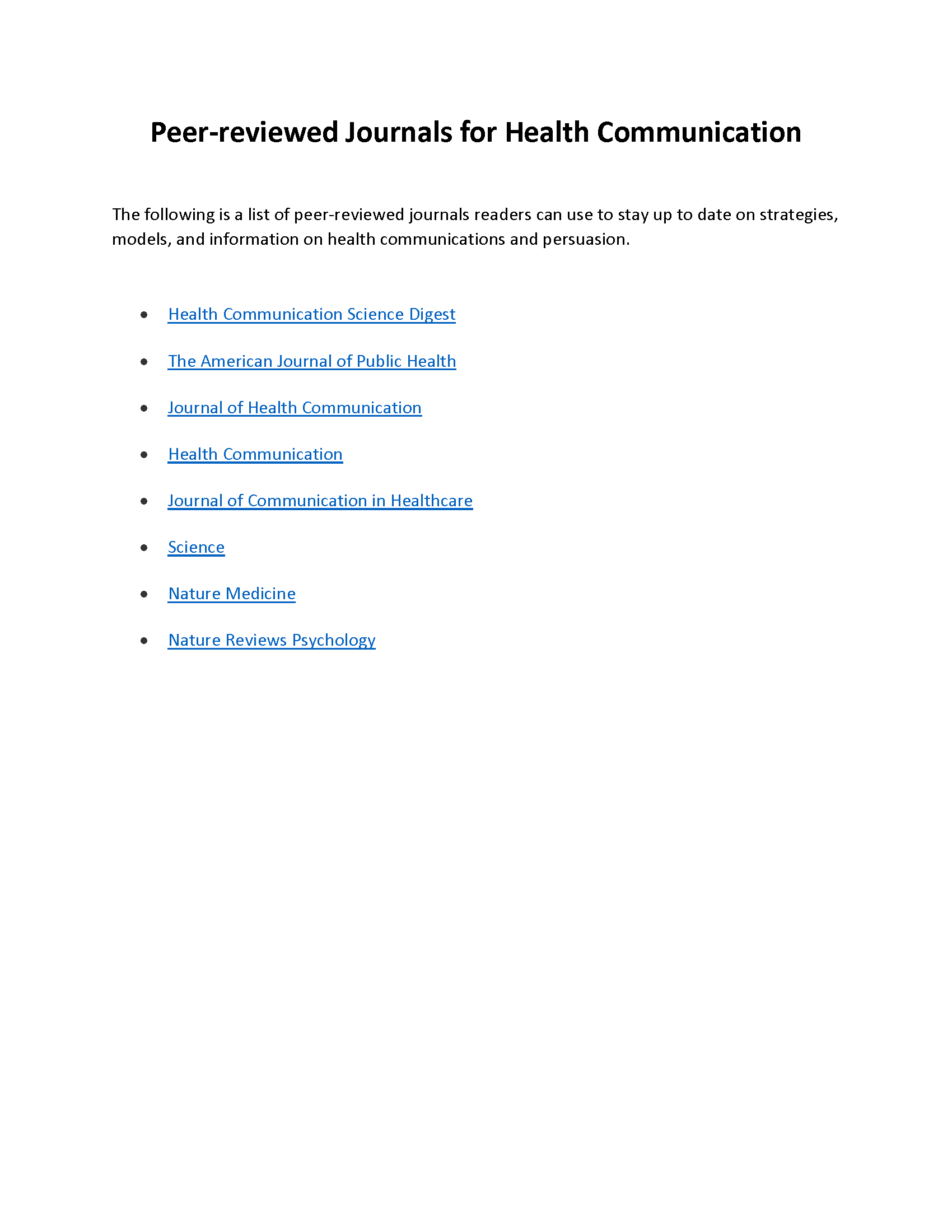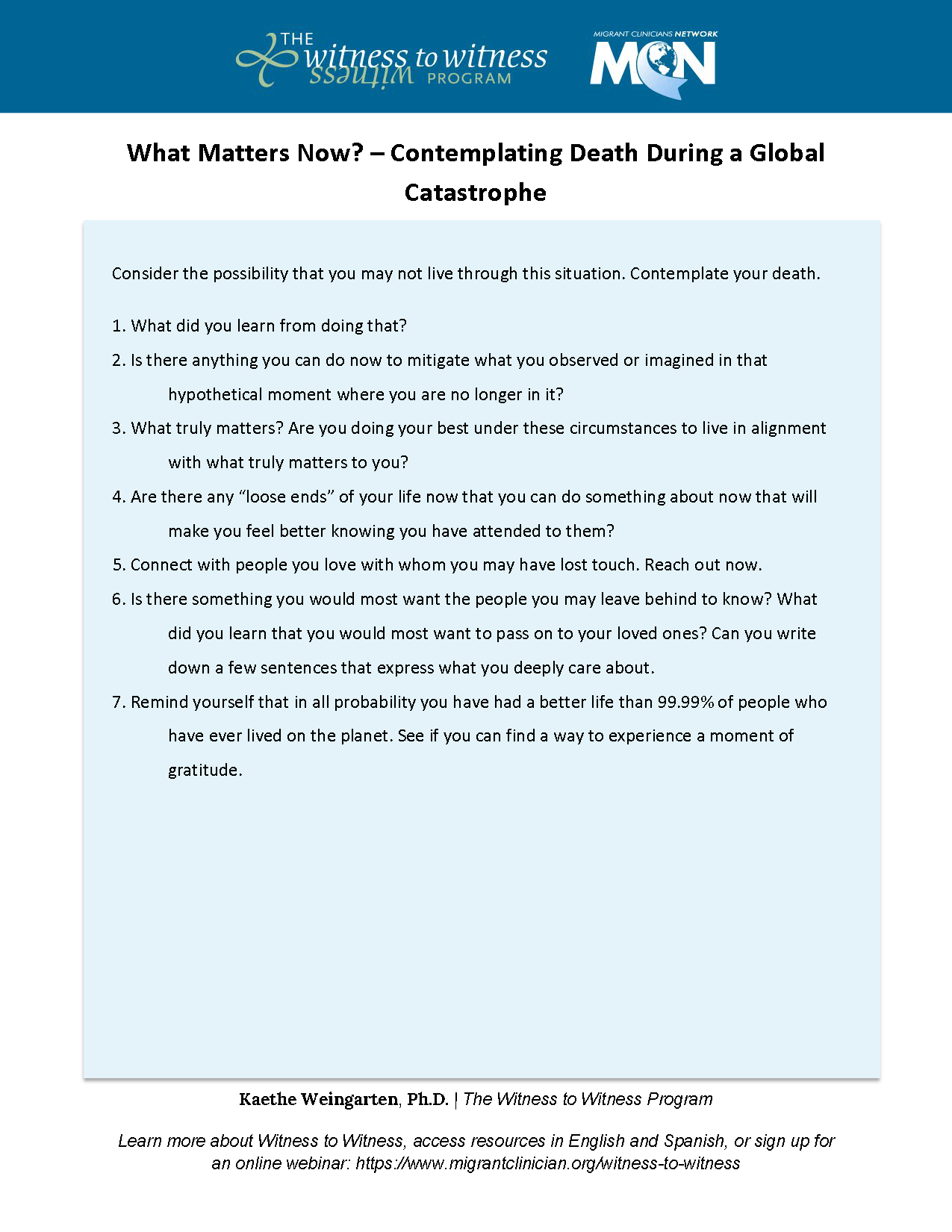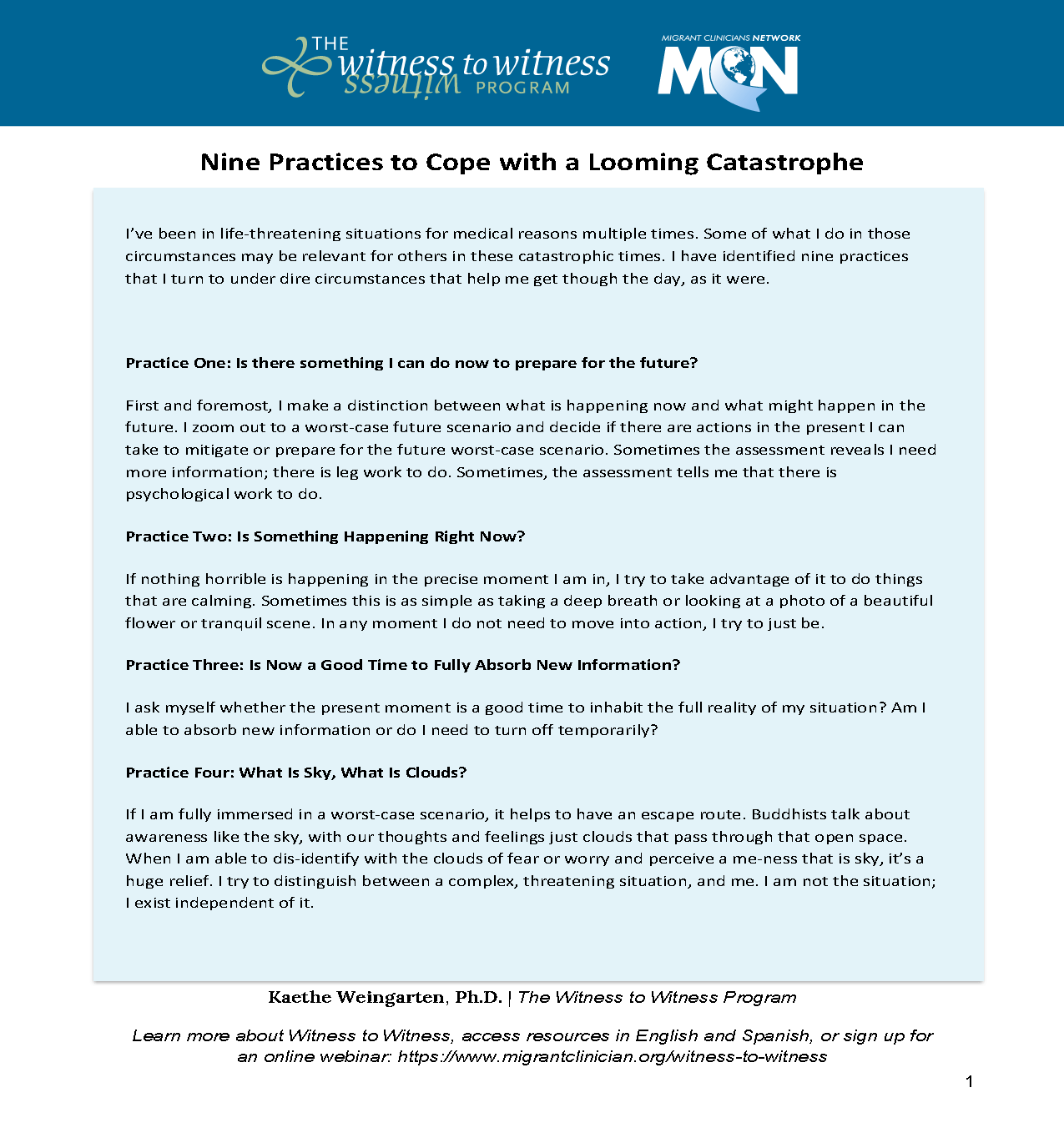- Jornada de Prevención del Covid-19 Mezcla 1.mp3 (1.35 MB)
- Jornada de Prevención del Covid-19 Mezcla 2.mp3 (1.41 MB)
- Jornada de Prevención del Covid-19 Mezcla 3.wav (8.46 MB)
- Jornada de Prevención del Covid-19 Mezcla 4.mp3 (1.61 MB)
- Mascarilla-mensaje-0_Unedited.mp3 (1.96 MB)
- Mascarilla-mensaje-1_Unedited.mp3 (2.04 MB)
- Mascarilla-mensaje-2_Unedited.mp3 (2.33 MB)
- Mascarilla-mensaje-3_Unedited.mp3 (2.22 MB)
- Una-parte-del-mensaje-3_Unedited.mp3 (218.23 KB)
copy deeplink Sexual Violence in Agricultural Worker Communities: A Guide for Clinicians
Sexual Violence in Agricultural Worker Communities: A Guide for Clinicians
Sexual violence remains a pervasive issue in farmworker communities. Farmworker women are particularly vulnerable to sexual violence, although children and men are also affected. Factors common to farmworker communities, including documentation status, isolation, fear of retaliation, and social stigma, increase the risk of sexual violence and decrease the likelihood of care access to support victims of sexual violence.
The purpose of this guide is to help clinicians better serve farmworker patients who have experienced sexual violence. You will find information about farmworker communities within the U.S., the particular vulnerabilities and expressions of sexual violence, what to look out for, and some resources that may help.
copy deeplink Nadie sabe que respira... ¡Hasta que le falta el aire!
Nadie sabe que respira... ¡Hasta que le falta el aire!Este libro cómico en inglés y español proporciona información básica sobre la salud respiratoria y la contaminación ambiental. Hace un repaso del sistema respiratorio, el material particulado y las fuentes de contaminación del aire. También explica cómo pueden protegerse los trabajadores y sus familias.
copy deeplink Avian Flu and Your Safety: Guidance for Dairy Workers
Avian Flu and Your Safety: Guidance for Dairy Workers
Migrant Clinicians Network spoke with Jeff Bender, DVM, MS, DACVPM, about the highly pathogenic avian influenza (HPAI) in dairies and what clinicians need to know. View some of the key moments of that interview here:
|
|
- Avian-Flu-and-Your-Safety-Guidance-for-Dairy-Workers_2024-5-14.pdf (1.11 MB)
- La-gripe-aviar-y-tu-seguridad-Guia-para-trabajadores-de-lecherias_2024-5-14.pdf (1.11 MB)
- Avian-Flu-and-Your-Safety-Guidance-for-Dairy-Workers_2024-5-14.png (455.92 KB)
- La-gripe-aviar-y-tu-seguridad-Guia-para-trabajadores-de-lecherias_2024-5-14.png (456.92 KB)
copy deeplink NACES (No More Adverse Childhood Experiences) Pilot Project Report
NACES (No More Adverse Childhood Experiences) Pilot Project Report
This pilot project was a collaborative effort involving project partners Futures Without Violence, Alianza Nacional de Campesinas, Líderes Campesinas, RAND, and Migrant Clinicians Network and was made possible with the support of California's ACEs Aware initiative through the UCLA-UCSF ACEs Aware Family Resilience Network (UCAAN) pilot program.
Education, screening, and response with evidence-based interventions are critical to addressing ACEs. However, ACEs education and screening that are culturally aware are not currently reaching farmworker communities in California. NACES aimed to increase opportunities for farmworkers to inform health care screening and responses to ACEs, increase ACEs education in farmworker communities, build partnerships between community health centers and community-based organizations, and ultimately improve access to care.
The project was divided into two parts, a community-based component presented in this report and a clinical component that examines how the results and recommendations of this community-based portion changed health center outreach, education, and response to ACEs. The community-based component was divided into two phases. Phase 1 involved the evaluation of farmworker leader training and Phase 2, the evaluation of the peer-led farmworker training.
The evaluation team employed a participatory action research (PAR) approach, developing instruments, presenting, and validating results with the partners to ensure active participation and collective action from all project partners and the farmworker leaders themselves.
Adults Get Vaccinated Too is an educational tool in the form of a comic book for health educators who work with the community and who need to provide information about vaccinations, when and where they are administered, and the symptoms that characterize the diseases they prevent.
Through a conversation between farmworkers in the field, this colorful and easy-to-understand comic book helps its readers to learn, in a simple and natural way, the importance of getting vaccinated and boosting their vaccines during their adulthood to prevent diseases such as hepatitis B, meningitis, chickenpox, influenza, tetanus, diphtheria, pertussis, measles, mumps, rubella and COVID-19.
- Adults Get Vaccinated Too-Comic_2024-3-7_Digital.pdf (4.53 MB)
- Adults Get Vaccinated Too-Comic_2024-3-7_Print.pdf (45.12 MB)
- Adults-Get-Vaccinated-Too_Comic_2024-5-9_Template.pdf (44.37 MB)
- Los-grandes-tambien-se-vacunan_Comic_2024-3-7_Digital.pdf (4.1 MB)
- Los-grandes-tambien-se-vacunan_Comic_2024-3-7_Imprimir.pdf (49.42 MB)
- Los-grandes-tambien-se-vacunan_Comic_2024-5-9_Plantilla.pdf (47.83 MB)
copy deeplink MCN Presentations on Misinformation and Disinformation - with presenter notes
MCN Presentations on Misinformation and Disinformation - with presenter notes
Below clinicians can find Powerpoint Presentations about misinformation and disinformation which they can present to fellow clinicians, patients, and their community.




